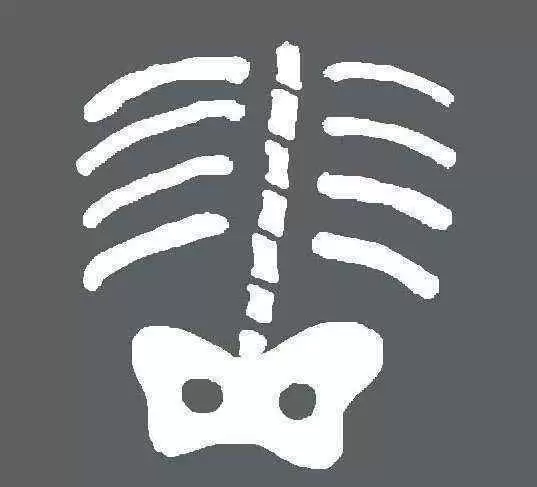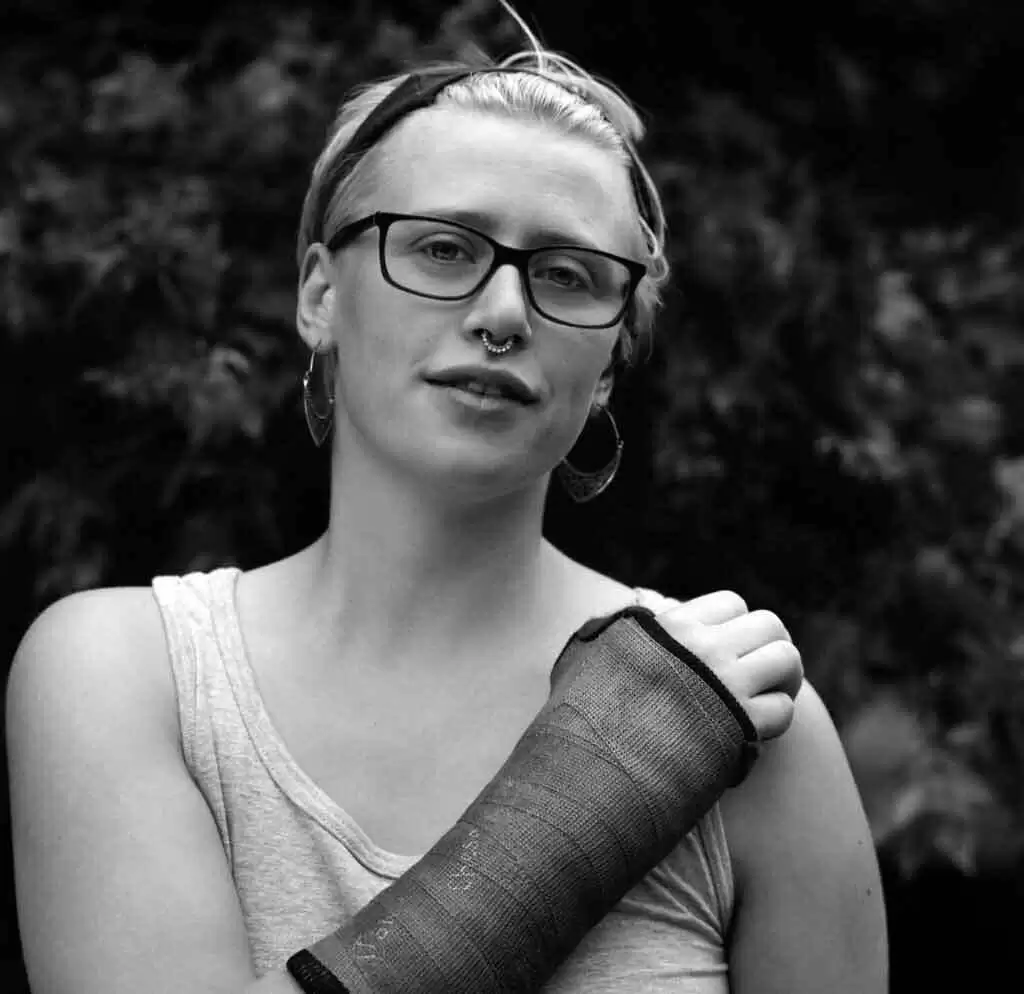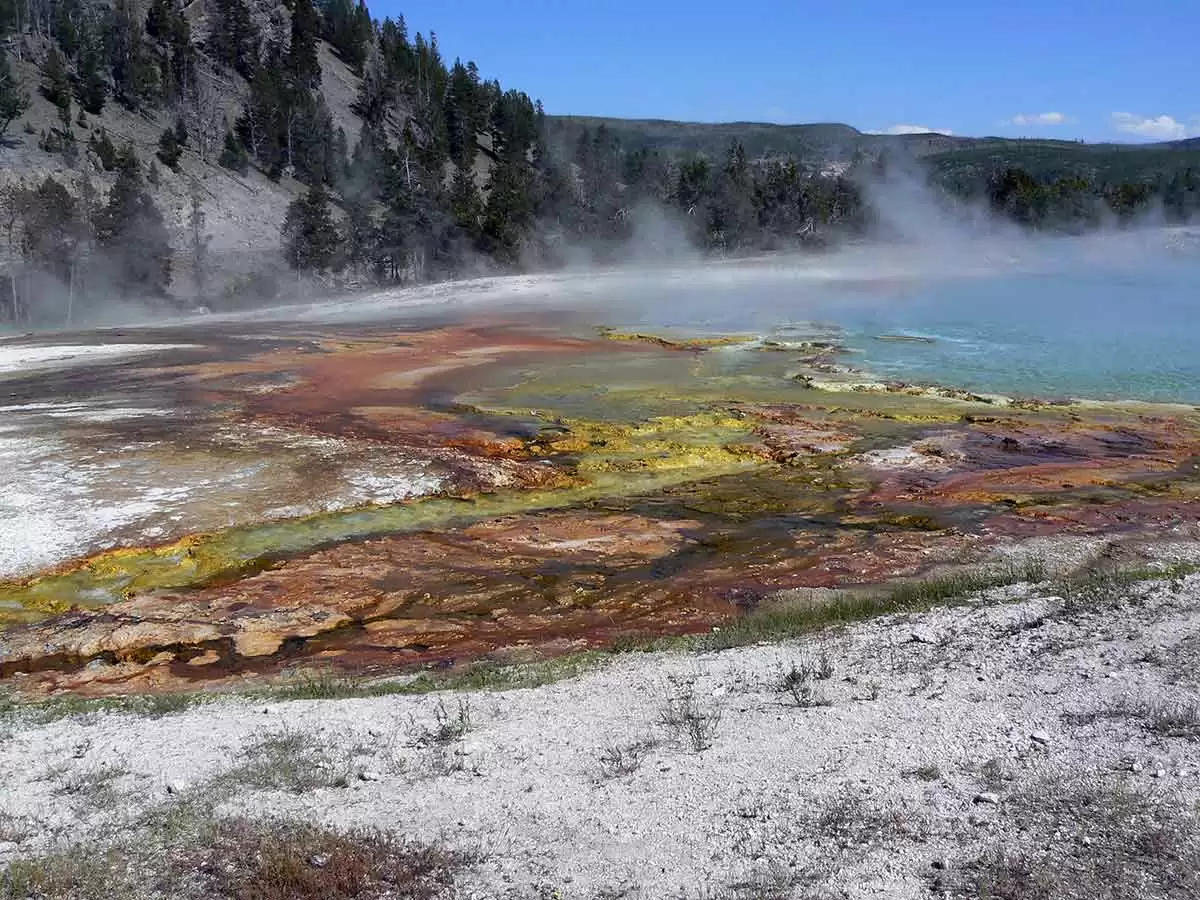Celiac.com 05/03/2021 - Some research data suggests that a vegan diet may be associated with impaired bone health. To get an idea of the potential impact of a vegan diet on bone mass, a team of researchers recently set out to investigate the associations of veganism with calcaneal quantitative ultrasound (QUS) measurements, along with the investigation of differences in the concentrations of nutrition- and bone-related biomarkers between vegans and omnivores.
Scientific evidence suggests that a vegan diet might be associated with impaired bone health. The team used a cross-sectional study of 36 vegans, and 36 omnivores to assess the associations between a vegan diet and calcaneal quantitative ultrasound (QUS) measurements, along with comparing concentrations of nutrition- and bone-related biomarkers between vegans and omnivores.
Celiac.com Sponsor (A12):
The data showed lower QUS parameters in vegans compared to omnivores. For example, broadband ultrasound attenuation shows a low QUS parameter of 111.8 ± 10.7 dB/MHz for vegans, compared with 118.0 ± 10.8 dB/MHz for omnivores.
Compared with omnivores, vegans had lower levels of vitamin A, B2, lysine, zinc, selenoprotein P, n-3 fatty acids, urinary iodine, and calcium, but higher concentrations of vitamin K1, folate, and glutamine.
Applying a reduced rank regression, the team found 12 out of the 28 biomarkers that contribute most to bone health, including lysine, urinary iodine, thyroid-stimulating hormone, selenoprotein P, vitamin A, leucine, α-klotho, n-3 fatty acids, urinary calcium/magnesium, vitamin B6, and FGF23. They found that all QUS parameters rose across the tertiles of the pattern score.
The study offers evidence of reduced bone health in vegans compared to omnivores, in addition to highlighting a combination of nutrition-related biomarkers, which may reduce bone health. The team calls for additional studies to confirm these findings.
Since a number of studies have shown celiacs to be at greater risk for reduced bone health, especially bone density, bone health is a major concern for people with celiac disease. Learning more about the role of diet in improving bone health will benefit celiacs and non-celiacs alike.
Read more in Nutrients 2021, 13(2), 685.
The research team included Juliane Menzel, Klaus Abraham,Gabriele I. Stangl, Per Magne Ueland, Rima Obeid, Matthias B. Schulze, Isabelle Herter-Aeberli, Tanja Schwerdtle, and Cornelia Weikert. They are variously affiliated with the Department of Food Safety, German Federal Institute for Risk Assessment in Berlin, Germany; the Institute for Social Medicine, Epidemiology and Health Economics, Charité, Universitätsmedizin Berlin in Berlin, Germany; the Institute for Agricultural and Nutritional Sciences, Martin Luther University Halle-Wittenberg, Halle (Saale), Germany; the Section for Pharmacology, Department of Clinical Science, University of Bergen in Bergen, Norway; the Department of Clinical Chemistry and Laboratory Medicine, Saarland University Hospital, Homburg, Germany; the Department of Molecular Epidemiology, German Institute of Human Nutrition Potsdam–Rehbruecke, Nuthetal, Germany; the Institute of Nutritional Science, University of Potsdam, Nuthetal, Germany; the Laboratory of Human Nutrition, Institute of Food, Nutrition and Health, ETH Zurich in Zurich, Switzerland; the German Federal Institute for Risk Assessment, Berlin, Germany; and the Department of Food Chemistry, Institute of Nutritional Science, University of Potsdam in Nuthetal, Germany.








Recommended Comments
Create an account or sign in to comment
You need to be a member in order to leave a comment
Create an account
Sign up for a new account in our community. It's easy!
Register a new accountSign in
Already have an account? Sign in here.
Sign In Now